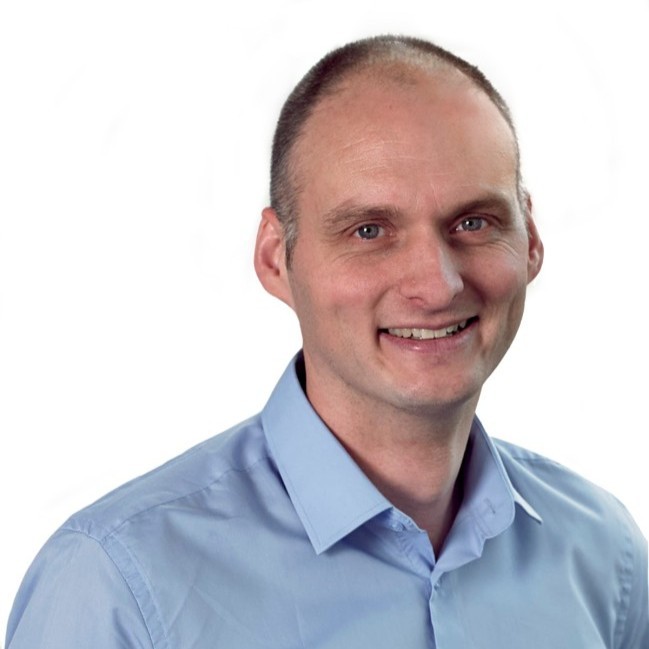Morten Kühnrich


This standard provides a listing of desirable traits of robotic systems under the umbrella of agility - a compound notion of reconfigurability and autonomy as opposed to the typical robotic use of rigid pre-programmed tasks. In particular, it describes a set of quantitative test methods and metrics for assessing the following ten aspects: hardware reconfigurability, software reconfigurability, communications, task representation, sensing, reasoning, perception, planning, tasking, and execution.
This standard applies to the classification of degrees of protection provided by enclosures forelectrical equipment with a rated voltage not exceeding 72,5 kV.
A Strategic and technically oriented document in which describes the current development status of Industrie 4.0, outlines the requirements for standards, specifications and industry standards, and provides impetus for successful implementation.
VDE-AR-E 2842-61-1 specifies a general framework for the development of trustworthy solutions and trustworthy autonomous / cognitive systems, including the requirements for the subsequent phases of Product life cycle (e.g. production, marketing & sales, operation & maintenance, retirement & repair). It defines a reference lifecycle in analogy to the most important standards for functional safety (i.e. IEC 61508) as a unified approach to achieve and maintain the overall performance of the solution and the intended behavior and trustworthiness of the autonomous / cognitive system. In addition, this could lead to a basis for the qualification and conformity assessment of solutions based on autonomous / cognitive systems including elements of artificial intelligence.
VDE-AR-E 2842-61-2 describes the requirements for the management in order to ensure and support a structured approach to the development of an trustworthy autonomous cognitive system. This entails guidance (e.g. process, procedures synchronized with the overall process), supporting means (e.g. methods, templates) as well as resource planning and activity tracking to ensure the right performance of the system. The obligation is split into three parts: the management on company level, the management during the project and the management after release. VDE-AR-E 2842-61-2 is part of an overall reference lifecycle as a unified approach to achieve and maintain the overall performance of the solution and the intended behavior and trustworthiness of the autonomous / cognitive system. In addition, this could lead to a basis for the qualification and conformity assessment of solutions based on autonomous / cognitive systems including elements of artificial intelligence. This VDE applikation guide is written in English.
VDE-AR-E 2842-61-3 describes the requirements for the management in order to ensure and support a structured approach to the development of an trustworthy autonomous cognitive system. This entails guidance (e. g. process, procedures synchronized with the overall process), supporting means (e. g. methods, templates) as well as resource planning and activity tracking to ensure the right performance of the system. The obligation is split into three parts: the management on company level, the management during the project and the management after release. VDE AR 2842-61-3 is part of an overall reference lifecycle as a unified approach to achieve and maintain the overall performance of the solution and the intended behavior and trustworthiness of the autonomous / cognitive system. In addition, this could lead to a basis for the qualification and conformity assessment of solutions based on autonomous / cognitive systems including elements of artificial intelligence.
VDE-AR-E 2842-61-6 specifies a general framework for the development of trustworthy solutions and trustworthy autonomous / cognitive systems, including the requirements for the subsequent phases of Product life cycle (e. g. production, marketing & sales, operation & maintenance, retirement & repair). It defines a reference lifecycle in analogy to the most important standards for functional safety (i. e. IEC 61508) as a unified approach to achieve and maintain the overall performance of the solution and the intended behavior and trustworthiness of the autonomous / cognitive system. In addition, this could lead to a basis for the qualification and conformity assessment of solutions based on autonomous / cognitive systems including elements of artificial intelligence. The
Points to "Cyberphysical systems: the usage of robots and advanced T-capabilities (sensors, data analytics) in a production environment" as Related Standardization Initiatives of relevance to the area
Contains Gap analysis in the context of Smart Manufacturing with respect to Standards Gaps. Proposes some recommendations to overcome potential gaps. Particular attention will be paid on horizontal application layer standardization and to assure an interworking framework among different vertical industrial segments
Gives perspectives on wireless network of data acquisition terminals, robotic type equipment or automated guided vehicles, and Robotic arms
The document provides an overview of ETSI activities linked to StandardizationNeeds in the area of "Robotics and Autonomous Systems" (RAS), referred to as a “multidisciplinary scientific and technological domain for implementing complex systems with cognitive capabilities” (see the EU ICT Standardization Rolling Plan)